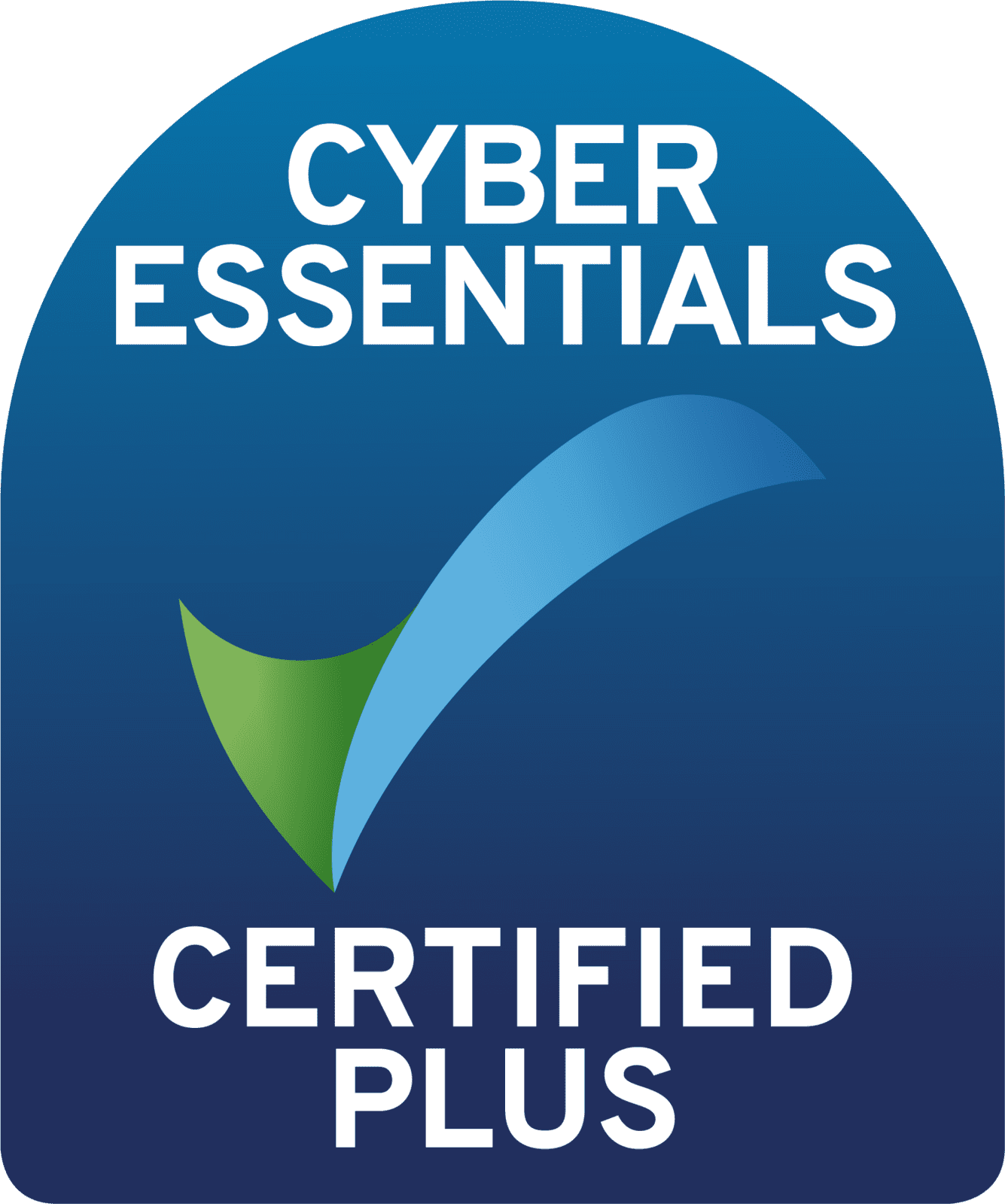Why is audit readiness important?
Preparing for an audit can be a daunting task, but with proper planning and organisation, it can become a smooth and efficient process that can be done throughout the year. The key to a successful audit lies in thorough preparation, this will include having the necessary documentation, policies, procedures.
Ensuring that an organisation is audit-ready is crucial for several reasons:
Audits provides assurance to stakeholders, such as investors, lenders, and regulators, that the organisation's financial statements are accurate and reliable. A successful audit enhances the organisation's reputation and instils confidence in its financial reporting.
Audits help identify any weaknesses in internal controls and processes, allowing organisations to address these issues and improve their overall operations.
Being audit-ready reduces the time and effort required during the audit process, minimising disruptions to day-to-day operations.
Being well-prepared for audits is crucial for organisations to maintain their credibility and reputation. To ensure that the audit process goes smoothly, it is imperative to have a comprehensive checklist in place. Below is a detailed checklist that organisations can utilise to be audit-ready and showcase their commitment to excellence.
1. Meeting with auditors in good time
Schedule Meetings with Auditors: Establish clear communication and expectations by scheduling a meeting with your Auditors well in advance of the audit date.
Review Prior Audit Reports: Analyse the findings and recommendations of past audits to identify areas for improvement and ensure they have been addressed.
Plan audit meetings in advance: Ensure you plan the kick-off meetings with Auditors in advance.
2. Prepare a resourcing plan
Assemble your Audit Team: Identify key personnel in finance, accounting, and relevant departments to participate in the audit process.
Allocate responsibilities to the team: Ensure your employees know their roles and responsibilities in advance and dedicate an individual to coordinate and lead the audit process.
Create an internal audit checklist: Establish an internal checklist that helps the internal team navigate through their tasks.
Keep your resources informed: Conduct regular awareness programs to keep employees informed about changes in accounting standards and regulations.
3. Assess your internal controls
Review internal controls: Assess the effectiveness of your internal controls and update any outdated procedures.
Identify any potential issues: Evaluate your company's internal controls to pinpoint any weak or insufficient controls that may be putting your business at risk. Taking the time to identify and rectify these issues can help safeguard your organisation's assets and promote long-term success.
Maintain Access Control and Security: Implement proper access control measures and data security protocols to protect sensitive financial information.
4. Gather all relevant documentation and records
Gather documentation: Ensure that all necessary invoices, receipts, and bank statements are saved as you go along and ready when it comes to the audit, saving you time when the Auditors pick the sample to review.
Regular review of policies and procedures: Update all process notes and policies as well as keep all records up to date throughout the year.
5. Review your financial statements
Review the balance sheet: Check if all assets and liabilities are properly classified and valued.
Analyse the P&L: Verify that all revenue and expenses are recorded accurately and look out for any unusual or significant fluctuations.
Examine the statement of cash flows: Verify that the cash flows from operating, investing and financing activities are accurately reported and look out for any significant changes in cash balances.
Assess the notes to the financial statements: Be sure to provide important details and explanations about the numbers by way of notes to the financial statements. This typically includes the company’s accounting policies, details of specific line items, contingencies and commitments, related party transactions, subsequent events, Earnings per Share, and other disclosures.
Perform analytical reviews: Compare current year financial results to prior years and look for significant differences and trends that require further investigation.
Management discussion and analysis: Ensure management carries out financial reviews on a monthly or quarterly basis and there is a clear audit trail of the review meetings held including all board meetings.
6. Ensure you comply to tax and regulatory requirements
VAT Returns: Ensure all VAT returns for the year are filed and paid on time, with supporting documentation readily available.
Payroll Taxes: Verify that all payroll taxes have been withheld, reported, and deposited correctly.
Company Filings: Confirm that all annual returns and company filings have been submitted to HMRC and Companies House on time.
Continuous monitoring: Ensure regular review of changes in regulatory requirements.
7. Elevate IT systems and data security
Review Access: Verify employee’s access to the accounting system and documents. Amend new starters/ leavers access as you go along to remove any unauthorised access.
Confidentiality: Ensure all data and documentation are secure and confidential files are password protected.
Regular updates: Regularly update software and systems to address any vulnerabilities or weaknesses.
8. Understand the auditor’s requirements and expectations
Maintain Open Communication with the auditor: Regularly communicate with your Auditors throughout the audit process and address any questions or requests promptly.
Discuss the Audit timeline: It is key to set time aside for preparation but also take into consideration the intended start and finish date for the audit, any holidays scheduled by both parties, and business as usual activities.
Respond to audit queries: Provide timely and accurate responses to all audit inquiries and requests for additional information.
Keep a summary of any adjustments: Make a note of any adjustments that are being made to the financial statements with relevant backup ready for any questions from the Auditors.
Post-Audit Debrief: Schedule a debriefing session with your Auditors after the audit to discuss findings highlighted on the Auditor's report, recommendations, and any necessary action items.
Being audit ready is essential for organisations to ensure accurate financial reporting, identify weaknesses in internal controls, reduce risks, fraud and maintain compliance with laws and regulations. By following a comprehensive audit readiness checklist, organisations can streamline their preparation efforts and minimise disruptions during the audit process. It is important to regularly review and update the checklist to reflect changes in accounting standards, regulations, and internal processes. Remember, being audit ready is an ongoing process that requires continuous effort and commitment to maintain a strong control environment and ensure the organisation's financial integrity.
Although this checklist is comprehensive it is not exhaustive as requirements will vary according to the industry and will depend on the specific requirements of the audit engagement. By using our checklist, you can ensure a more efficient auditing process without any unnecessary delays.
Looking for expert guidance to help you achieve audit readiness? Look no further than Efficient Ops!
Our team is here to provide you with the knowledge and expertise you need to prepare for your next audit with confidence. Don't wait - get in touch with us today and take the first step towards audit success!
Written by Mina Thakore





